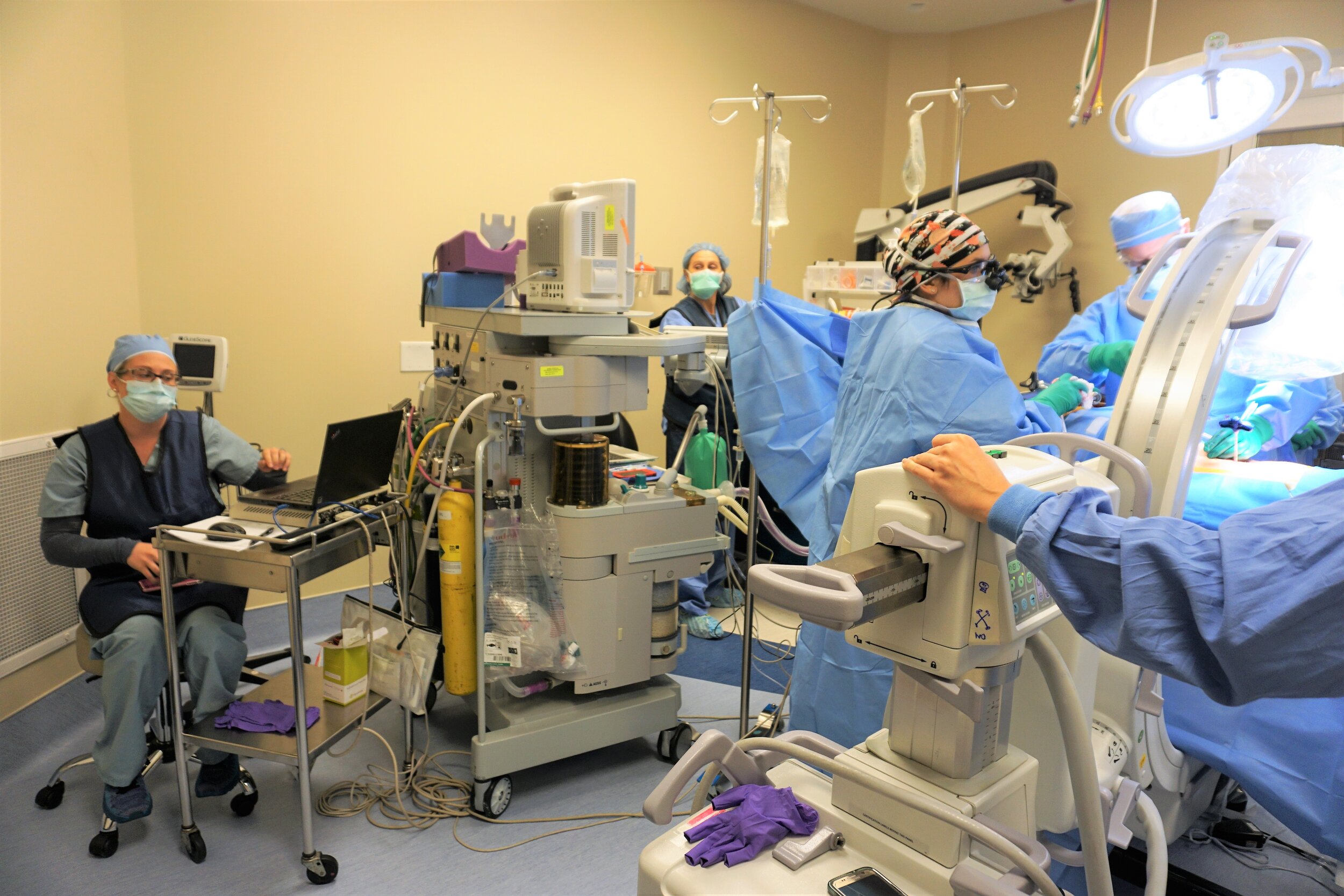Understanding the Growth of Ambulatory Surgery Centers
As the trend toward more flexible outpatient surgeries continues to grow, physicians may be considering ways that their practices can run more efficiently through the use of ambulatory surgery centers (ASCs). Whether a physician owns an individual practice or is part of a group practice, those who feel the pain points of dealing with hospitals are beginning to understand why ASCs are growing in popularity. Let's take a look at the top three contributing reasons for surgery center growth.
ABOUT AMBULATORY SURGERY CENTERS
More than 23 million procedures are performed at ASCs in the United States each year. As outpatient surgery centers continue to increase, more patients and physicians are seeking affordable, convenient, and safe alternatives to hospitals. While the most commonly performed ASC services include cataract surgery, colonoscopy, upper GI endoscopy, and spine injections, many more types of surgeries are becoming commonplace as well. In fact, ASC sites that offer multiple specialties are highly valued within the field.
REASON #1: BENEFITS TO PATIENTS
Patients benefit from the use of off-site ambulatory surgery centers in many ways, including:
Convenient Locations
Often more conveniently located than hospitals, ASCs are typically free-standing buildings located within suburban areas, appealing to a broader number of patients who reside there. Wait times are often reduced in ASCs as emergency surgeries that take precedence in hospitals are not a factor. Because ambulatory surgery centers are smaller and less busy, they are able to offer conveniences such as easily accessible parking, more comfortable waiting areas, and even friendlier staff.
High Patient Satisfaction
Ambulatory surgery centers also have a tendency to be more focused on patient satisfaction. Patients may feel that the emotional environment of an ASC is warmer than that of a hospital, and interactions may be more personable because of a smaller, more intimate team of staff members.
Overall Cost Savings
While patients are able to receive excellent surgical experiences with comfort and convenience, ASCs also provide services at a much more affordable rate. Significant savings are assessed not only for patients but also for the government and third-party payers. Typically, this means that patients also pay a lower coinsurance payment for procedures performed at an ASC vs. those performed at a hospital. In addition, part of the ASC culture is to make pricing information available to their patients prior to surgery, allowing health care consumers to make educated healthcare decisions.
REASON #2: BENEFITS TO PHYSICIANS
Physicians performing surgeries at ASCs gain flexibility and efficiency, creating more opportunities for work-life balance. Benefits include:
Scheduling
Unlike hospitals, ambulatory surgery centers allow for block scheduling with back-to-back surgeries (often moving back and forth between 2 operating rooms) to receive the maximum impact from a surgeon’s time. And because there are no pre-emptive emergencies, surgeries at ASCs are typically performed within 7 minutes of their scheduled times.
Accessibility
ASCs offer smaller, convenient locations that may reduce the amount of traffic and parking hassles that a surgeon must contend with during their commute to work. Oftentimes, an ASC is located near the physician's main practice, making it even easier to access. Performing surgeries at an ASC also gives physicians a chance to interact with other physicians on staff, breaking them from the isolation they may feel from working at their private practice.
Cost Savings
Because of the lower costs of performing surgeries at ASCs, physicians can also experience savings in their bottom line. The shared result of these cost savings climbs into billions of dollars (including patient, physician, third party, and government costs) each year when compared to surgeries performed in hospital settings.
REASON #3: TECHNOLOGY ADVANCES AND QUALITY CARE
Fewer bureaucratic issues allow ASCs to provide innovative technologies and improvements at a faster rate than large hospitals. Advances in laparoscopy, arthroscopy, anesthesia, and computer navigated surgery mean that procedures can be minimally invasive with better outcomes and quicker recovery times.
ASCs are placed under specific federal requirements for safety and quality, complying with the same standards (for Medicare) that are given to hospital outpatient departments. Quality care is not only required by governing agencies but also motivated by the fact that physicians are often more personally invested in results-driven, progressive ASCs.
As physicians become more aware of the difficulties associated with accessing hospitals for outpatient surgeries, learning about ambulatory surgery centers reveals new and appealing options. For those interested in touring a world-class Orlando surgery center, contact Advanced Ambulatory Surgery Center to schedule a tour or click here: https://www.surgerycenterwinterpark.com/schedule-your-tour


